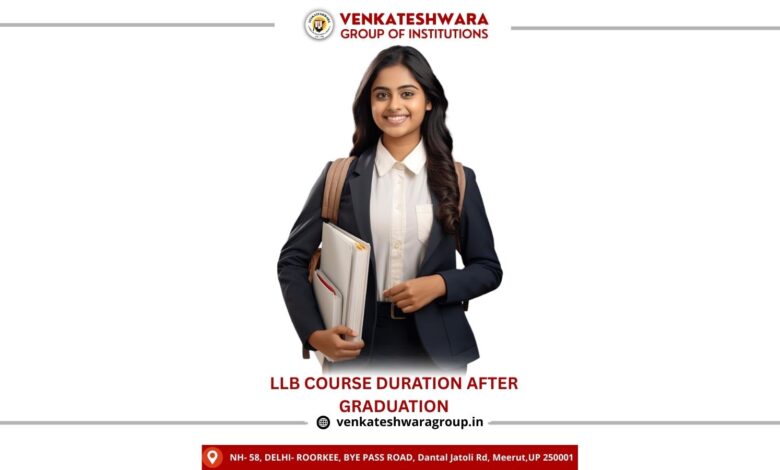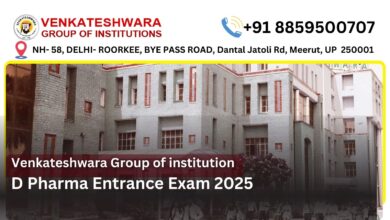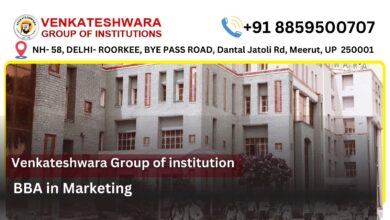LLB Course Duration after Graduation

The LLB course duration after graduation is 3 years, comprising 6 semesters. LLB stands for Bachelor of Legislative Law or Bachelor of Law, which is a desired qualification for practicing law in India.
India is a diverse country with people of different religions living together.
The Indian judicial system is vast, with 688 district courts, 25 high courts and 1 Supreme Court that provides legal recourse to the litigants.
Over the years, owing to saturation in many sectors, people are pursuing law courses because of high earning potential and the legal field being recession-proof.
The recent increase in marital disputes has resulted in a lot of cases being filed in family courts.
Disputes relating to property and cybercrimes are on the rise. Incidents of impersonation and digital arrests are scamming people all over the country.
Therefore, there will be no shortage of work for legal professionals provided they have mastered the skill of presenting their cases well.
Corporate law is another area that offers many opportunities because companies want to protect their interests while doing business.
Likewise, intellectual property rights (IPR) is another area where businesses want to protect their innovation from being copied by others.
Therefore, there are different areas where legal professionals can create a niche for themselves by clearing the All India Bar Association (AIBA) exam.
LLB Course Duration after Graduation and Eligibility
The minimum percentage of marks in the degree course (graduation) in any discipline for the three years’ LL.B. course, for the General Category shall be 45%, for OBC 42% and for SC/ST 40%.
The eligibility clarifies that students of all streams can pursue LLB after passing graduation. LLB is the preferred course for many who wish to transition into the legal profession because it’s a practicing profession with immense earning potential.
As per the Bar Council of India (BCI) there is no upper age limit for pursuing the LLB course. This attracts a lot of students to pursue the course. Therefore, recent graduates and professionals seeking law careers should consider the LLB program.
The case pendency in India is one of the highest, with a slow legal process that frustrates the justice seeker. The chart below highlights the abysmal shortage of judges across various courts in India:
| Court Level | Sanctioned Strength | Vacant Posts | Vacancy % Approx. | Notes |
| District Courts | ~25,000 | ~5,200 | 21% | Judge to population ratio: ~21 per million vs 50 recommended; shortage of ~4,250 courtrooms |
| High Courts | ~1,100 | ~360 (327 to 465) | 33% to 42% | Some High Courts like Allahabad have 69 vacancies; Delhi HC 18 vacancies out of 54; severe backlog and delays |
| Supreme Court | 34 | 0 to 2 | 0-6% | Generally fully staffed recently, with minor fluctuations |
The table shows that there is a shortage of judges to dispose of cases in Indian courts. This provides ample opportunities for law graduates to become judges by clearing the judicial services exam (PCS-J).
Therefore, law graduates can dispose of cases by becoming a Judicial Magistrate or Metropolitan Magistrate by clearing the (PCS-J) exam.
To become a judge in a district court, one must have practiced as an advocate for a minimum of 3 years.
LLB Course duration after 12th
The LLB course duration after 12th is 5 years because after 12th, law courses are integrated with other graduation degrees of BA, BCom, BSc or BBA.
If you pursue an integrated LLB course right after 12th grade, you’ll save a year compared to completing an LLB after graduation, which takes 6 years (3 years to graduate and 3 years for law).
Over the years, the 5years integrated LLB courses have become popular because they allow students to pursue law right after passing class 12th.
Those who are graduates can pursue the 3 years LLB course for a high-flying legal career.
There are many entrance exams that shortlist candidates for the LLB course. Some of them are:
| Entrance Exams | Exam Dates Tentative | Exam Schedule Tentative |
| MHCET Law 2026 | April – May 2026 (Tentative) | MHCET Law Exam Date 2026 |
| CLAT 2026 | 7 December 2025 | CLAT Exam Date 2026 |
| AP LAWCET 2026 | June 2026 (Tentative) | AP LAWCET Exam Date 2026 |
| TS LAWCET 2026 | June 2026 (Tentative) | TS LAWCET Exam Date 2026 |
| CUET 2026 | May – June 2026 (Tentative) | CUET Exam Date 2026 |
These entrance exams test a candidate on legal thinking, logical reasoning, GK and legal aptitude. There are many YouTube channels and online material that learners can refer to while preparing for LLB entrance exams.
LLB Course Details: Highlights
| Particulars | Course Details |
| Full Form of LLB | Bachelor of Laws |
| LLB Course Level | Undergraduate |
| LLB Course Duration after Graduation | 3 years. |
| LLB Admission Criteria | Merit and Entrance-based |
| LLB Eligibility Criteria | A bachelor’s degree in a relevant discipline from a recognized university. |
| LLB Entrance Exams | MHCET Law, CLAT, APLAWCET, TSLAWCET, CUET, KEAM, etc. |
| Top LLB Colleges | National Law School of India University, Shri Venkateshwara University, GNLU Gandhinagar, SOA University, Dr. B.R. Ambedkar College of Law, etc. |
| LLB Course Fees | Government Colleges’ Fees: INR 1,080 – INR 8.8 Lakh Private Colleges’ Fees: INR 4,090 – INR 18.75 Lakh |
| LLB Jobs | Legal Executive, Legal Advisor, Corporate Lawyer, Judicial Officer, Litigation Attorney, Public Prosecutor, etc. |
| LLB Top Recruiters | Khaitan & Co, Tata Group, Infosys, Reliance Industries, ICICI Bank, Cyril Amarchand Mangaldas, Bharucha & Partners, etc. |
| LLB Salary | INR 4.1 LPA |
LLB is the ideal course for graduates who want to transition into a legal career, which is evergreen with good earning potential.
There is no upper age limit to pursuing an LLB, making it the ideal choice for practicing law later in life.
Therefore, ensure the college is approved by the Bar Council of India (BCI) which regulates legal education in the country.
Once your college is on the BCI list, check its infrastructure, faculty and the placement record of previous batches to get an idea about the college.
LLB Course Fees
Fees is an important criterion because students want to check their ROI. For a more detailed overview of LLB fees, please click on the following link.
What skills should a person have to become a successful advocate?
Goof Communication Skills: Legal graduates should work on their communication skills. Both verbal and written, because they will present their cases to extract a favorable judgement. They should have excellent writing skills to draft legal documents.
Excellent research and analytical skills: They should be able to analyze case evidence and present their cases in a foolproof manner so that the judgement comes in their favor.
An eye for detail: They should pay attention while preparing error-free legal documents so that the case is decided in their favour.
Critical Thinking and Strong Judgement: They should be able to analyze complex legal cases and find out weaknesses to develop strong counterpoints. This ability will make them valuable in the legal world.
Interpersonal Skills: They should exhibit strong interpersonal skills like empathy, persuasion, and the ability to read clients, leading to healthy client relationships. This will lead to better courtroom performance.
Organizational and Time Management Skills: They should be better organized because they would handle multiple cases with tight deadlines. They should manage their time well to give enough time to each case.
Problem-Solving Skills: they should find solutions to client needs and accordingly suggest the best course of action.
These are some skills law graduates should master to be successful in their field. There is no dearth of work for them because India has the highest case pendency in the world.
Those who cannot secure admission to government colleges shouldn’t get disheartened because many private institutions offer direct admission in the LLB course.
One such institution is Shri Venkateshwara University in Gajraula, which is a UGC-recognized university, providing quality education in sync with current trends.
To secure direct LLB admission, please click on the following link.






